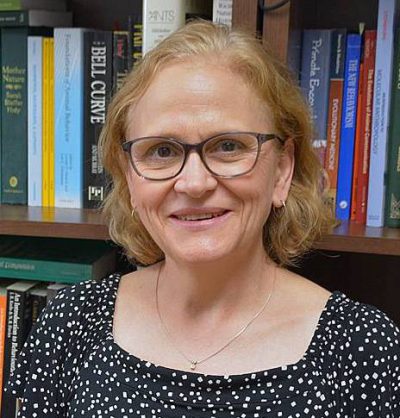an In The Media Appearance
"Sweeping Analysis Concludes There’s No Cheating Old Age" - Duke Today. 07/16/2021
 In a sweeping analysis across compare pace-of-aging across 39 populations of humans and primates, Dr. Susan Alberts of the Duke Center for Population Health and Aging (CPHA) and colleagues find rate of aging is relatively fixed for a species.
In a sweeping analysis across compare pace-of-aging across 39 populations of humans and primates, Dr. Susan Alberts of the Duke Center for Population Health and Aging (CPHA) and colleagues find rate of aging is relatively fixed for a species.
The researchers say the increase in human life expectancy is more likely the statistical outcome of improved survival for children and young adults, not slowing the aging clock.
“Populations get older mostly because more individuals get through those early stages of life,” said Susan Alberts, professor of Biology and Evolutionary Anthropology at Duke University and senior author of the paper. “Early life used to be so risky for humans, whereas now we prevent most early deaths.”
The research team, comprising scientists from 14 different countries, analyzed patterns of births and deaths in the 39 populations, looking at the relationship between life expectancy and lifespan equality.
“We can’t slow down the rate at which we’re going to age,” Alberts said. “What we can do is prevent those babies from dying.”
Professor Alberts investigates the evolution of social behavior, particular in mammals, with a specific focus on the social behavior, demography, life history, and behavioral endocrinology of wild primates. Her main research focuses on one of the longest-running studies of wild primates in the world, the Amboseli Baboon Research Project, in southern Kenya, which has been ongoing since 1971.
